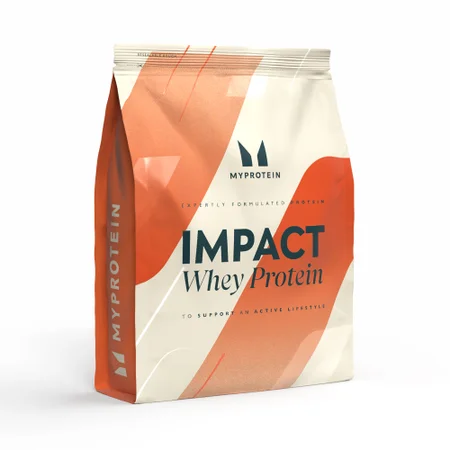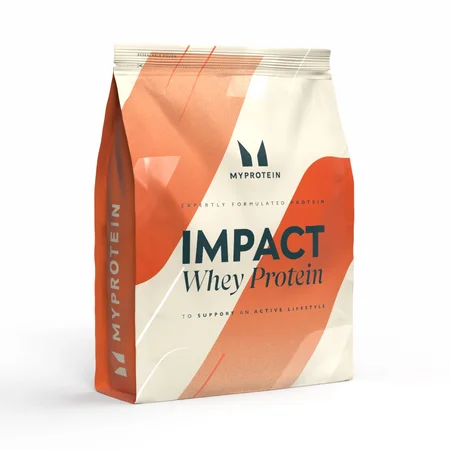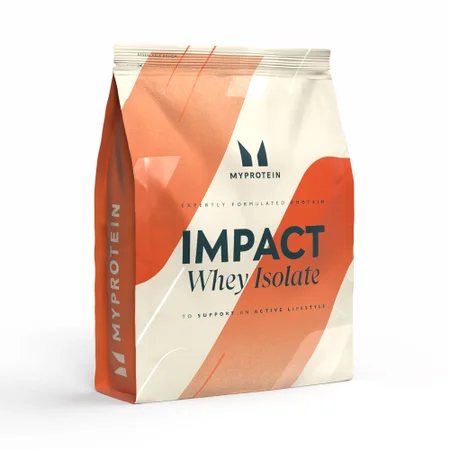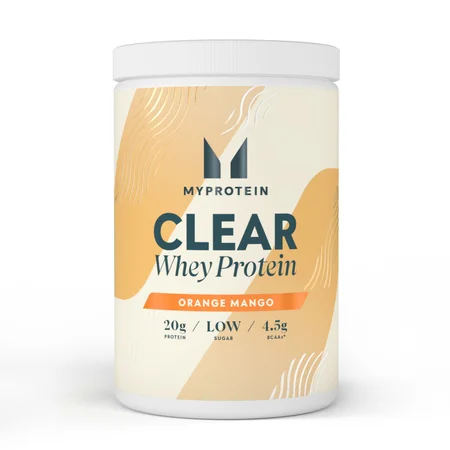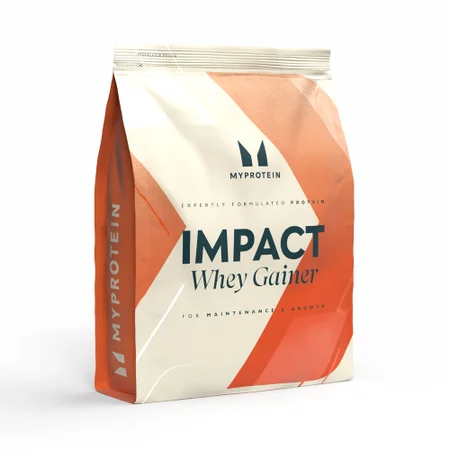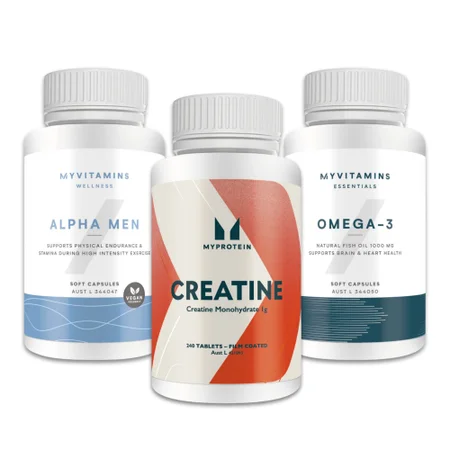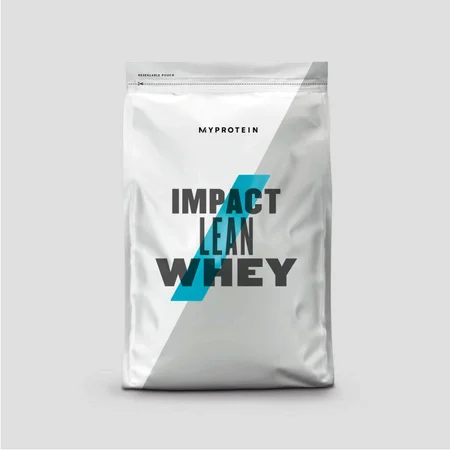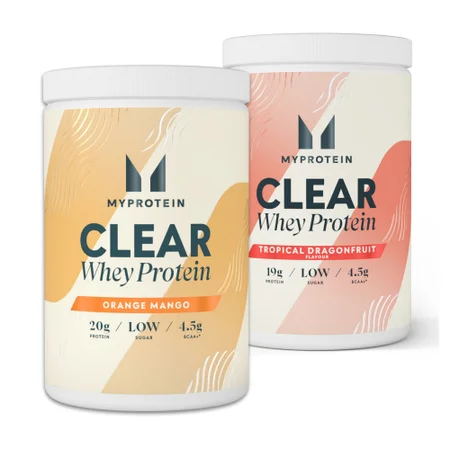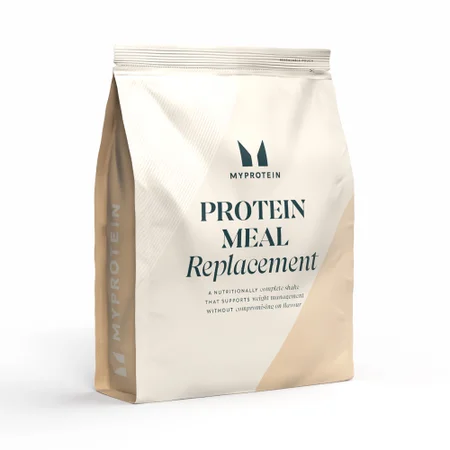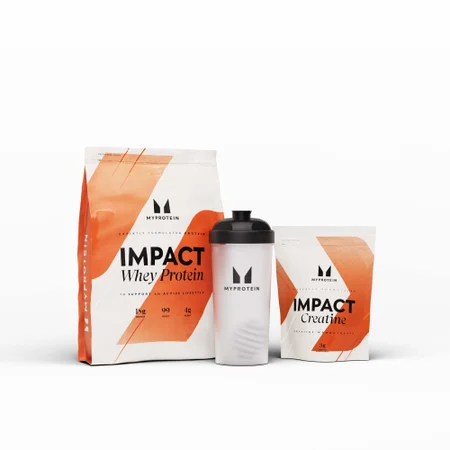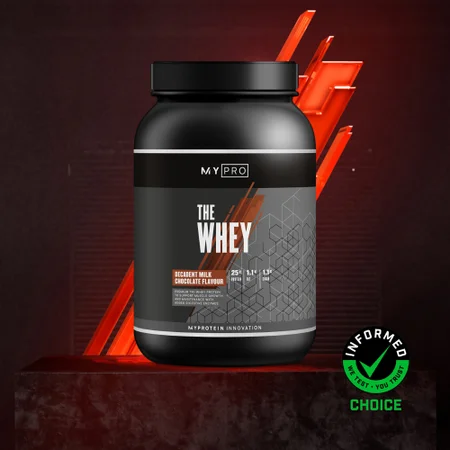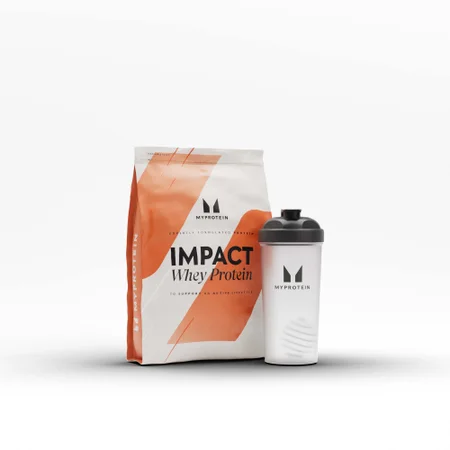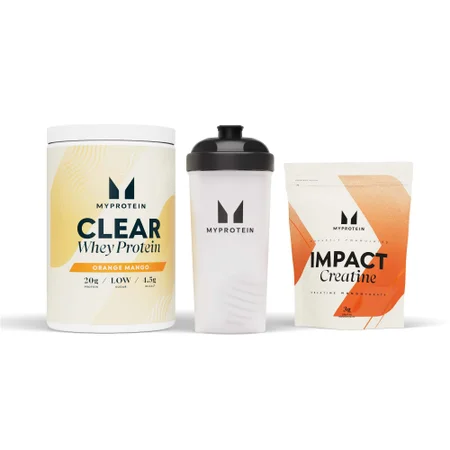What is Whey Protein?
Whey protein, along with casein, is derived from milk. It’s a source of protein and essential amino acids, which are the building blocks of protein that occur naturally within the body. There are three different types of whey protein — concentrate, isolate, and hydrolysate — which all have unique nutritional compositions to cater for different dietary needs.
What are the Benefits of Whey Protein?
Whey protein shakes are a highly-popular way of getting additional protein into your diet to support both the building and maintenance of muscle mass — important no matter your workout goals. These shakes are also incredibly convenient, and can provide you with a protein boost whenever needed — whether between meals, before training, or post-workout.
Our Whey Protein Products
Our range of over twenty different whey protein supplements offers an unbeatable selection of high-quality powders and blends to fuel your fitness ambitions — featuring whey protein concentrate, isolate, and hydrolysate, as well as a variety of flavours including unflavoured protein powders, vanilla protein powders, and chocolate protein powders.
Our best-selling Impact Whey Protein is the UK’s #1 protein powder for everyday nutrition, with key benefits that make it the country’s favourite:
Ideal everyday shake to support all fitness and workout goals
• Features 4.5g naturally-occurring BCAAs*• Contains 21g of high-quality protein*
• Available in over 40 different delicious flavours
For our premium whey protein formula, check out THE Whey™:
• Designed to fuel serious mass-gaining gym training• Features 25g of ultra-quality whey protein*
• Created with an expert filtration system and the finest ingredients
• Contains under 2g of carbohydrates and 1g of fat*
Alternatively, for our purest whey protein powder, try our Impact Whey Isolate:
• Perfect for providing a powerful protein boost• Features 90% protein content*
• Completely fat free*
• Contains under 100 calories*
Still not sure which is best for you? Check out our breakdown of the best whey protein powders.
*Nutritional information will vary depending on flavour.
FAQs
How is whey protein made?
The liquid whey by-product from the cheese-making process is filtered to remove virtually all bacteria as well as the majority of the fat and lactose content. It is then put through a second filtration process depending on the form of whey protein product. Once this secondary filtration has been carried out the liquid whey is then spray dried into a powder and then packaged.
What is the difference between Whey Isolate and Whey Protein?
If you are lactose intolerant or have other dietary restrictions, whey protein isolate is a good option to try. It is whey protein in its most processed form, and it has the lowest lactose content. It is also high in protein.
If you are not lactose intolerant and are not concerned about the other properties of whey protein, whey protein concentrate is a good option. It is less processed than whey protein isolate.
Is whey protein from dairy?
Yes, our whey protein is sourced from dairy cows.
Is whey protein keto-friendly?
Yes, as you can see from our products' nutritional information they have minimal carbohydrate per serving across our range, including Impact Whey Protein, Total Protein Blend and our Vegan Protein Blend.
Can whey protein help you gain weight?
If it contributes to you being in a calorie surplus then yes, whilst also having the added benefit of helping you maintain a desirable body composition.
How does whey protein work?
Whey protein, like other protein sources, provides the building blocks needed to repair and rebuild muscle tissue. Research has also shown that it can help keep you fuller for longer and improve body composition.
What are the various forms of whey protein and how do they differ?
There are three forms whey protein appears in; whey protein concentrate, whey protein isolate and whey protein hydrolysate. Concentrate is the most commonly found form, low in fat and lactose and high in protein (typically exceeding 70%), Isolates are further processed to remove all the fat and lactose (containing at least 90% protein). Hydrolysates are slightly different; they are "pre-digested" by an additional processing step making them more rapidly absorbable comparative to the other forms.
